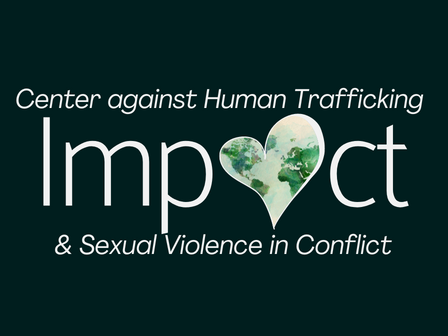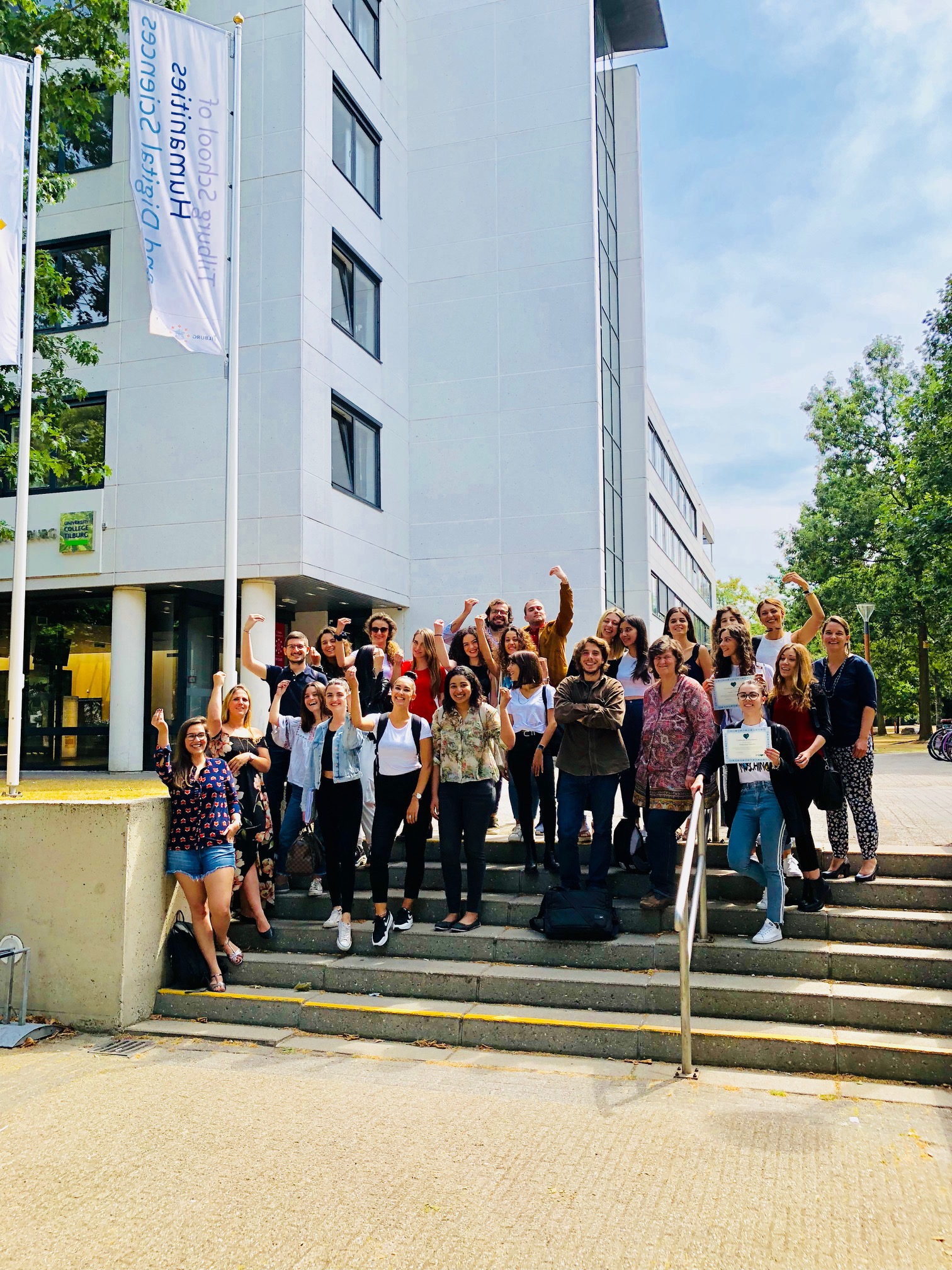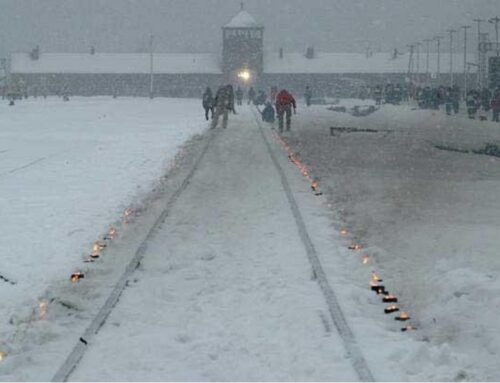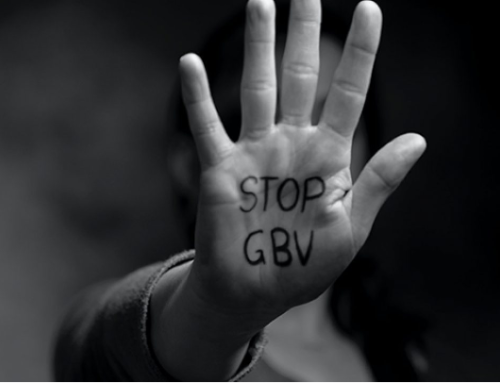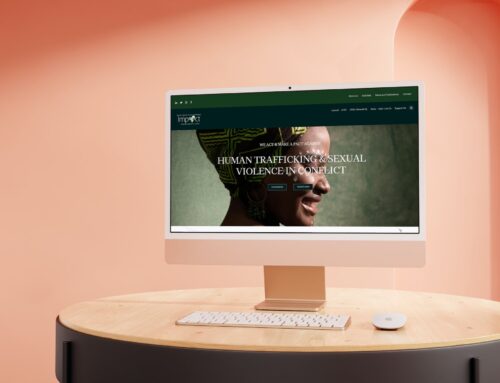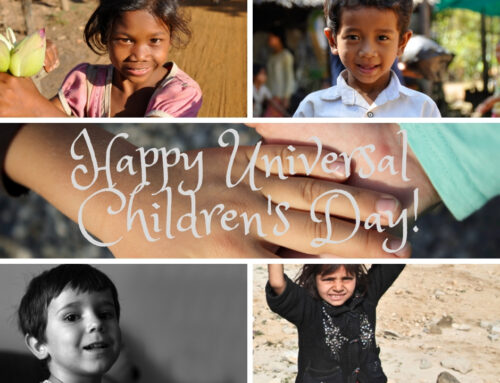Who would think to attend a summer school in the midst of one of the hottest summers ever in the Netherlands? 16 Italian students, 1 Brazilian, 1 Singaporean student in the UK, and 3 Dutch students of which 2 of them are working full time. There was a good mix of backgrounds between participants and luckily, gender diversity was visible in the classroom. I myself, am a 56-year old social worker who found it to be very stimulating to be part of a group of young and intelligent students with very quick minds.
The first week we spent on learning a lot about conflict-related sexual violence (CRSV). Specifically, what CRSV actually and precisely is and that it effects women and men equally because it disrupts societies as a whole. Anne-Marie de Brouwer, an internationally renowned expert on CRSV, took us on a journey through the horrific crimes of CRSV that took place in a lot of conflict zones all over the world in past, present, and sad to say most likely also in the future. In the period of 1989 – 2009, CRSV was present in 129 conflicts globally. But there is hope for those who believe in change, visionaries, and changemakers.
There were a few examples of wars and conflicts which did not result in sexual violence and we can learn from that. We can also learn from people who want to make a difference and seek cooperation on many legal and non-legal levels in addition to people who speak out, that any form of sexual violence, abuse, and gender inequality have no place in any society. We also visited the International Criminal Court and the Kosovo Specialist Chambers. We read, discussed, heard, and seen so much in class and in our little non-Italian group preparing for our group assignments in the restaurant. Our group wrote a letter to Marie Mukabatsinda, a survivor of the genocide against the Tutsi that took place in 1994 in Rwanda. Marie was interviewed by Anne-Marie for the book “The Men Who Killed Me”. I have been in Rwanda in 2017 with Anne-Marie and Eefje de Volder and have met a lot of women and men who survived the 1994 genocide. I saw the strength and resillence of the people. I too witnessed the comfort they find in coming together and forming an alternative family because a lot of the survivors have no family left.
In the second week, we were educated on all the aspects of human trafficking. The acts, the means, and the goals of human trafficking look clearer and more precise. As Eefje de Volder – an expert on human trafficking, especially labour trafficking – taught us, human trafficking is not always as clear as it looks. It depends on which country you live in and the way human trafficking is perceived by the labour laws in that country. This does not change that there are international laws and protocols that offer opportunities for victims to seek legal or non-legal justice. However, sometimes it is very hard when the police or other organisations do not recognize that someone is a victim of trafficking. People are afraid to come forward because they may be seen as undocumented illegal immigrants who need to be put in jail and sent back to their country. Correct identification of human trafficking victims and perpetrators is very important but it is challenging in practice. The same goes for prevention of human trafficking starting in the countries where people come from. Be that as it may, there is reason for hope because of good initiatives.
We visited the Bureau of the Nationaal Rapporteur Human Trafficking. They do a lot of research and are independent from the government so they have a loud voice in what needs to be done to combat human trafficking. We also visited Centrum Kinderhandel Mensenhandel who work nationally and internationally with Terre des Hommesto combat sexual exploitation of children. They use unorthodox but effective ways to, for instance, find exploited children and to warn about online predators. And let me not forget the guest speakers, Malini Laxminarayan from the Mukwege Foundation and Rina Ghafourkhan from the Equator Foundation. Their presentations were complementary to the topics we were studying.
Although CRSV and human trafficking are heavy topics, we had a very good time during the summer school with lots of laughs, sunshine, and inspiration to want to know more and make a difference – an impact – in preventing CRSV and human trafficking.
Antoinette van der Kaa
Social worker at Sterk Huis
